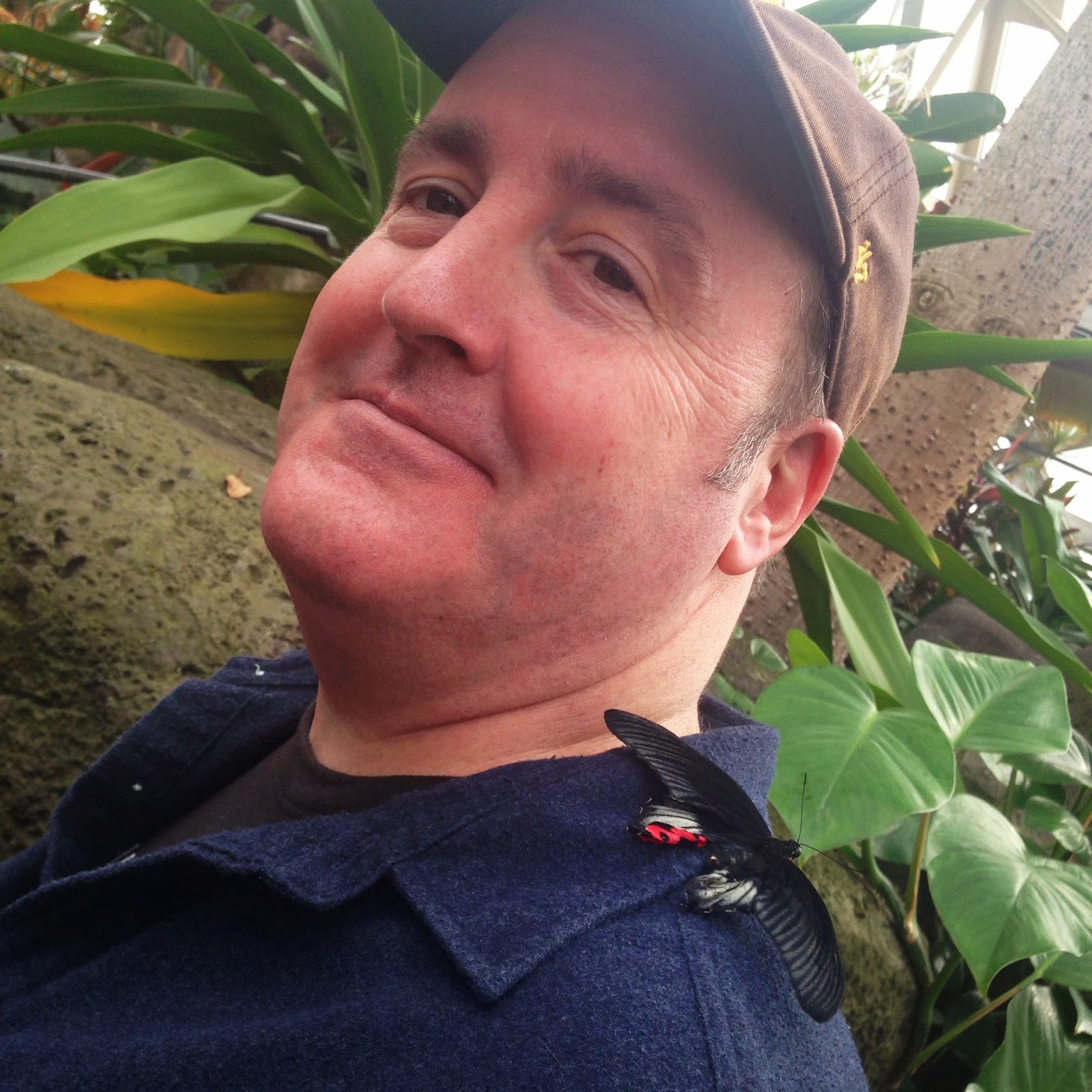Today is the day that I couldn’t say my name,
Today is the day that I couldn’t read, write, and
Today is the day that my right side inexplicably went completely numb.
And today is the same kind of day -- crisp, cool, sunny, unexceptional -- the same kind of November day that I had a stroke.
Over the last 3 years I’ve spent somedays finding myself ready to “move on”, accepting the imperfect future a brain injury provides, but I’ve also spent plenty of time wallowing in my self-pity, pissed off that I’ll never be the same Kate again and that I lost months, even years, re-learning things that I already learned in elementary school. Going through this whole experience it seems that it would be the right time to weave some sappy, histrionic phrase from quote.com to illustrate that I’ve attained some kind of nirvana after all the anguish, but that’s not really life. Rarely are things so buttoned-up. And was it all that bad?
In my experience I’ve met so many extraordinary people that have triumphed over tragedy after the wake of their strokes. I’ve met people that are not able to walk, people that aren’t able to talk, people that aren’t able to write, read or even remember what they did yesterday. I’m amazed by peoples’ will to live, their ability to defy the odds are heroic. And so today they get cake, too.
This has been an extremely emotional journey in the last 3 years, but I’m so grateful that I’ve met so many wonderful healthcare providers, stroke survivors, and caregivers, and I wouldn’t have been able to go through it all without them. I’m still working through all of this, I still have some physical limitations to work on, but again, it is better and it’s not so bad.
But whether or not it is, I don’t care, I will think about it tomorrow. Because today we all get cake.















